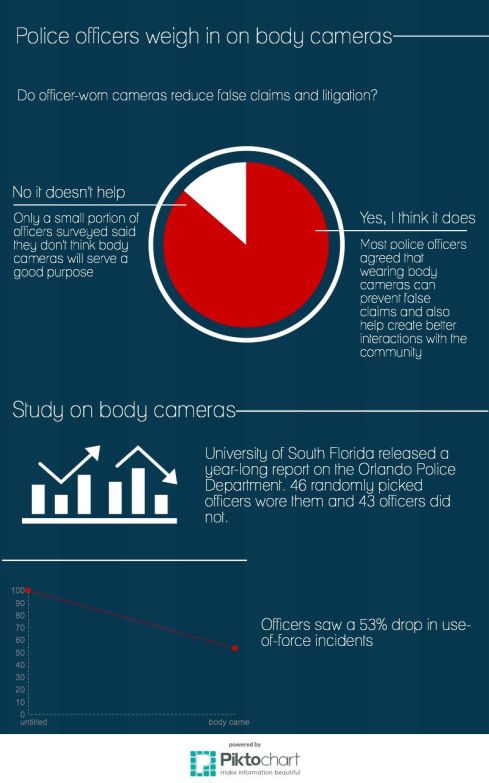#BlackLivesMatter is a movement protesting violence by police against African-Americans. Confrontations between police and community are frequent, and often bloody. Articles about another person killed at the hands of a police officer or obituaries highlighting memories of a fallen officer are all too common.
Recently an officer was arrested for shooting a young black man 16 times. Violent protests ensued and now more than ever police officers are being seen as a threat to the community rather than protection.
Those in law enforcement that who do their job correctly live in constant fear of scrutiny from the community and even death from certain individuals. In September a Birmingham police detective was pistol whipped and hesitated to use force because he didn’t want to be accused of needlessly killing an unarmed black man. There has been a decrease in applications to the police academy, which has left police departments outnumbered in dangerous situations. These confrontations have prompted the U.S. Department of Justice to find a solution. The Department of Justice decided to provide $20 million in grants to equip officers with body cameras and the reaction has been mixed, but still helpful.
 Chief deputy sheriff of Berks County Bryant Semenza shared his thoughts on the new body cameras his unit received.
Chief deputy sheriff of Berks County Bryant Semenza shared his thoughts on the new body cameras his unit received.
“I’ve been a police officer, U.S. marshall and now a sheriff throughout my 30-year career and it’s sad that we now have to turn to body cameras to stop not only officers from doing wrong, but the citizens from lying.”
As the body cameras were strapped to each officer, there was a sense of relief in their posture and demeanor. “Being on the streets of Reading, we need these cameras. Everyone must be accountable for their actions, us and the criminals,” Deputy John Meadenhall said.
Are body cameras effective in lessening police abuse and also in documenting suspect’s’ actions? A study conducted in 2015 and reported on in the Journal of Experimental Criminology used a controlled experiment with the Mesa Police Department in Arizona to “determine how body cameras influence police-citizen interactions.”
Half of the officers were assigned to wear body cameras and fill out reports of contact with community. The study found that, “officers assigned to wear cameras issued 23.1 percent more citations for ordinance violations than those who did not wear cameras” and “officers wearing cameras were 25.2 percent more likely to perceive the devices as being helpful during their interactions with the public.” The study indicated that police officers were more cautious and more thoughtful about criminal policy and procedures.
The results also provided important insights into the consequences of body cameras on police behavior and the study suggested that officers are more proactive with this technology without increasing their use of invasive strategies that may threaten the legitimacy of the organization. But could body cameras create an over-ticketing mentality with officers?
The following anecdote shows that over-ticketing might result.
An army/national guard member was on his way home from Thanksgiving when he was pulled over for going over the speed limit. The state trooper greeted him and asked for his license and registration.
When the guard member mentioned he was in the service, “I said ‘happy thanksgiving, officer’ and he asked where I was headed and I told him I was headed to Virginia to visit family for Thanksgiving. We small talked and I told him I was in the national guard and he thanked me for my service, took my information, came back to the car and said ‘I’ll leave you with a warning. Do the speed limit, drive safely.’ I didn’t feel like he was favoriting me because I was in the service but because I gave him respect and apologized, I think he decided to let me off with a warning,” Dave Sumara said.
When asked if it would have been different if the officer had a body camera, Sumara changed his opinion.
“I think he would have issued me a summons for 10 over because he would be scared that he would get in trouble with his supervisor and that’s just dumb. I think officers are so worried about being scrutinized now that they will over issue tickets in order to ‘play it safe.’ So I think body cameras have a good purpose but it needs to be used with discretion.”


